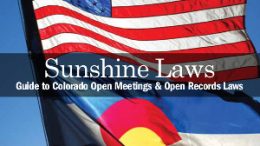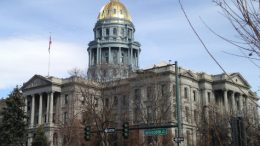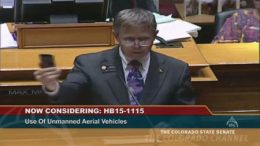Judge rejects Jeffco union’s lawsuit to block the release of teacher sick-leave records
Sick-leave records do not qualify as personnel or medical information that must be withheld from the public under the Colorado Open Records Act (CORA), a judge ruled, dismissing a lawsuit brought by the Jefferson County teachers’ union against the Jeffco school district.









